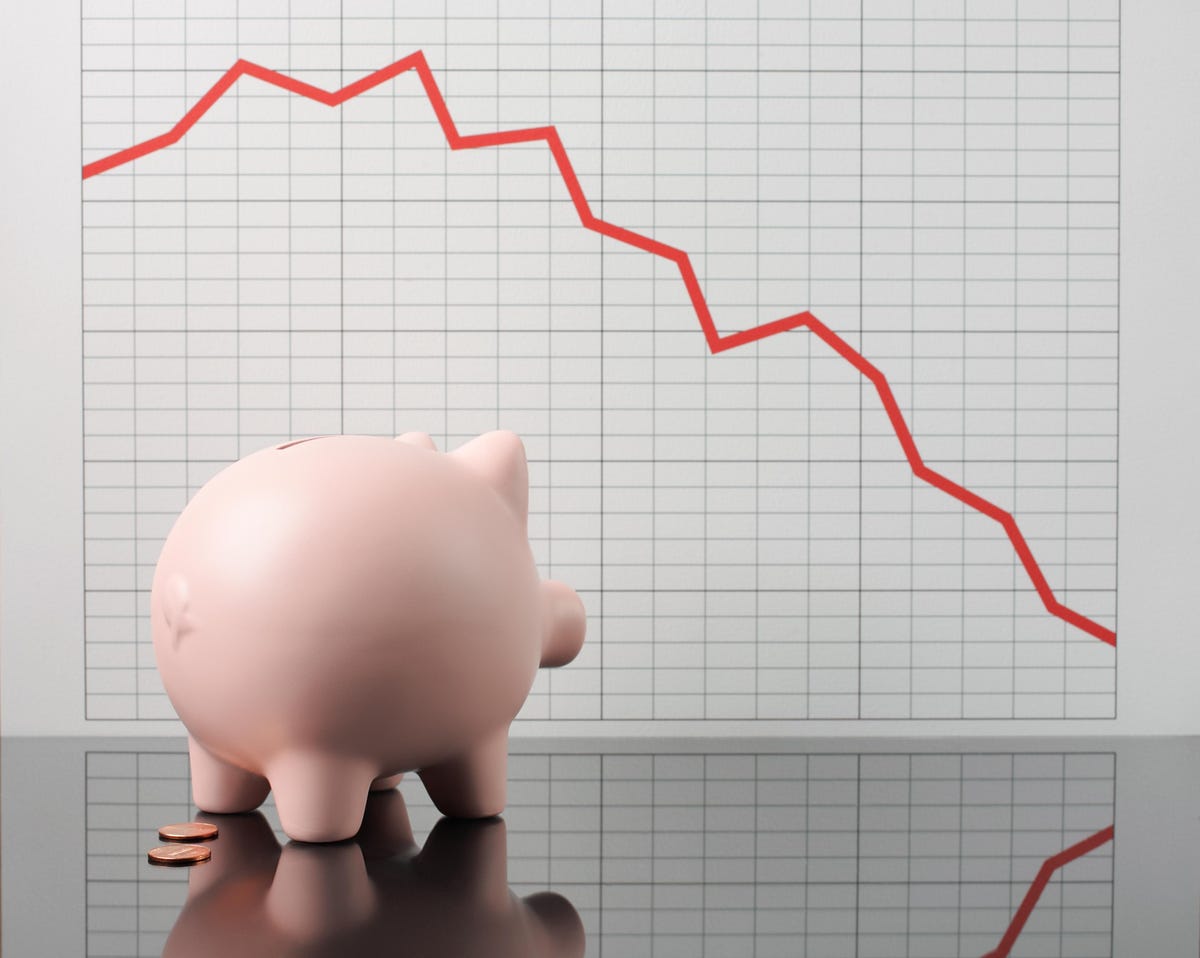How Market Cycles Can Impact Retirements
Sequence of returns can play a role in your overall portfolio.
Provided by Marc Aarons
A thoughtful retirement strategy may help you pursue your many retirement goals. That strategy must consider many factors, and here are just a few: your income needs, the order of your withdrawals from taxable and tax-advantaged retirement accounts, the income tax implications of those withdrawals, and sequence of return risk.
Just what is the sequence of return risk? In brief, it is the risk that market declines in the early years of retirement, combined with steady withdrawals, could reduce your portfolio’s outlook.
A recent CNBC article mentioned how sequence of return risk can affect retirement accounts. It used a 20-year example – someone retiring in 2000 with $1 million in an account tracking the returns of the S&P 500, making withdrawals of $40,000 a year that increased 2% annually in view of inflation.
In 2000, a bear market began. The 37% pullback for the S&P 500 that occurred in 2000-02 would have reduced the $1 million account to about $470,000 by January 1, 2020, the end of the 20-year period. The balance reflects the annual withdrawals of $40,000 and the 2009-20 bull market.1
Now, if the order of yearly returns were flipped, the portfolio would show much different performance. At the end of the 20-year period, the retiree would have had more than $2.3 million in that account after the exact same schedule of income distributions.1
It’s critical to point out that investing involves risk, and past performance does not guarantee future results. The return and principal value of stock prices will fluctuate as market conditions change. And shares, when sold, may be worth more or less than their original cost.
The S&P 500 Composite Index is an unmanaged index that is considered representative of the overall U.S. stock market. Individuals cannot invest directly in an index, and index performance is not indicative of the past performance of a particular investment.
In retirement, it is vital to address risk and volatility. You have less time and may have fewer opportunities to rebuild your savings. Fortunately, there are ways to address the challenge of sequence of return risk and manage your portfolio risk while looking for opportunities.
Marc Aarons may be reached at 714-887-8000 or marc@ocmoneymanagers.com.
www.ocmoneymanagers.com
MMI Disclosure: This material was prepared by MarketingPro, Inc., and does not necessarily represent the views of the presenting party, nor their affiliates. This information has been derived from sources believed to be accurate. Please note – investing involves risk, and past performance is no guarantee of future results. The publisher is not engaged in rendering legal, accounting or other professional services. If assistance is needed, the reader is advised to engage the services of a competent professional. This information should not be construed as investment, tax or legal advice and may not be relied on for the purpose of avoiding any Federal tax penalty. This is neither a solicitation nor recommendation to purchase or sell any investment or insurance product or service, and should not be relied upon as such. All indices are unmanaged and are not illustrative of any particular investment.
Citations
- CNBC, January 21, 2022

Comments are closed